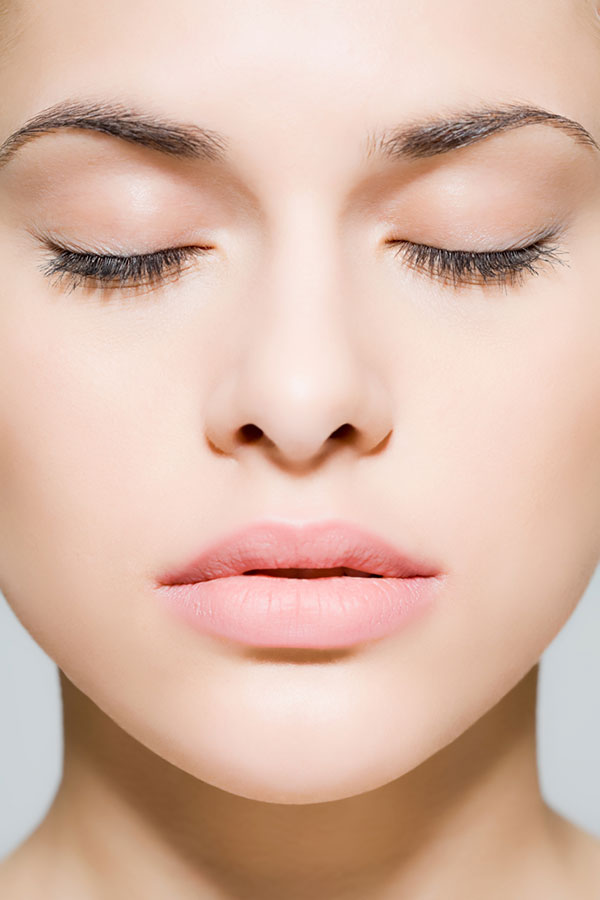What makes for healthy skin? A glowing complexion is smooth, warm, and not dry or flaky. It is warm to the touch, without any crinkles or wrinkles, and has an even temperature. In addition, healthy skin is a reflection of a healthy body. A well-balanced diet should include plenty of fruits, vegetables, and protein foods. It should also contain ample amounts of vitamins and minerals. Depending on the severity of your skin problem, you may need to take extra iron or vitamin A.
Having bumps on your face is not a sign of unhealthy skin. Although you may want a smooth and hairless face, healthy skin can have these features. Additionally, you can enjoy consistent skin tone and color. If these factors are present in your diet, your skin will appear healthy and radiant. Keeping up with your diet is a smart way to keep your skin glowing. And, don’t be fooled by the many beauty products out there.
You can also ingest green tea for healthy skin. It is most effective with no milk, but may be less effective when mixed with milk. Green tea contains catechins, powerful antioxidants that can reduce redness, improve hydration, and increase skin thickness and elasticity. You can also try drinking red grapes for their antioxidant content, resveratrol. The retinol found in red grapes has many health benefits, including reducing the effects of aging.
Despite the claims of many skin care companies, regular skin care is a smart way to keep your skin healthy. There is no need to spend money on expensive creams and lotions. A regular skincare regimen is the best way to maintain your beautiful complexion. But if you have a skin problem, you can always consult a dermatologist or pharmacist. It’s also a good idea to consult a doctor or a pharmacist for the best treatment.
Besides taking care of your skin, you should also avoid damaging it by outside influences. Avoid unprotected sun exposure, using too-hot water to wash your face, and smoking. If you don’t want to use any of these products, you should consult a dermatologist. These products are not only effective but they also prevent premature skin aging. You should avoid excessive sun exposure and excessive water consumption to maintain healthy skin. If you notice any irregularities, you should consult a dermatologist.
There are certain conditions that cause unhealthy skin. Symptoms of anemia include a decreased number of red blood cells. A low red blood cell count will result in an unhealthy complexion. Vascular disease, on the other hand, is the narrowing of the blood vessels. Increasing the number of red blood cells in your body is a major contributor to vascular disease. A high blood pressure and elevated cholesterol will restrict the flow of oxygen to your skin, making it look dull and unappealing. If you have any of these conditions, you should work with a health care professional to treat your condition. Adding a few vitamins to your diet will also benefit your skin.


